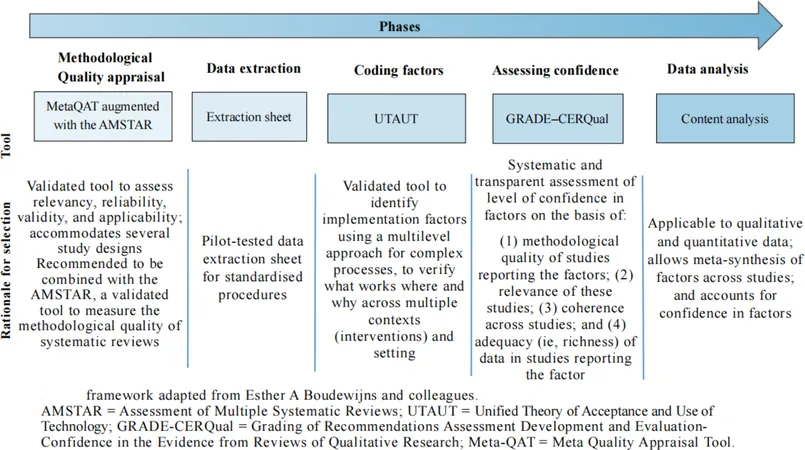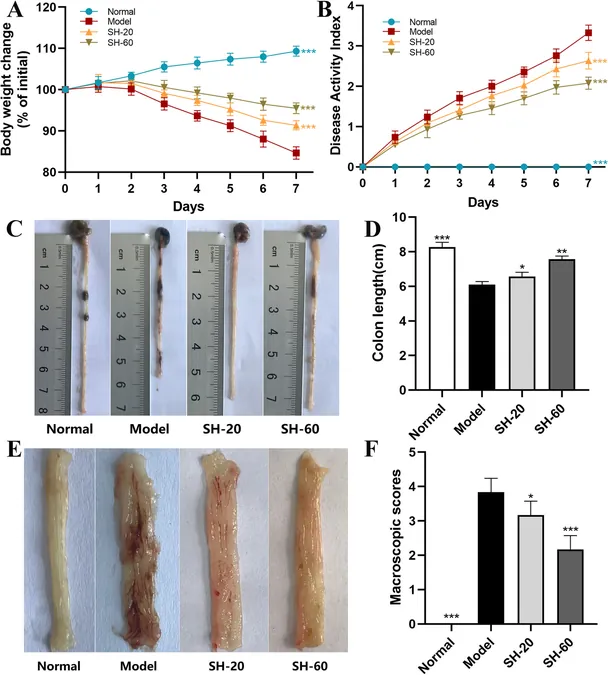
China's Game-Changer: New Value-Added Tax Law Set to Reshape Economy by 2026!
2024-12-25
Author: Yu
Introduction
In a bold move towards fiscal modernization, China has officially approved a comprehensive Value-Added Tax (VAT) law, set to come into effect on January 1, 2026. This monumental decision was confirmed by the state-run Xinhua news agency on December 25, and is anticipated to streamline existing tax regulations into a singular, cohesive document.
Significance of VAT in China's Economy
As the largest tax category in the nation, VAT has been a significant contributor to China's coffers, accounting for approximately 38% of national tax revenue in 2023. With the new law, it aims to enhance transparency and efficiency in tax collection processes.
Exemptions Under the New Law
While the finer details of the law were not disclosed, it is understood that it will continue to allow exemptions for numerous items, including certain agricultural products, scientific research equipment, and imported goods catering to the disabled. These exemptions aim to bolster support for essential sectors and alleviate financial pressures on vulnerable groups.
Potential New Tax Deductibles
The Chinese government has hinted that it may soon introduce additional tax deductibles for specific industries or businesses, providing further impetus for economic growth. According to Xinhua, this VAT Law marks a significant legislative accomplishment, as it brings 14 out of 18 tax categories under individual legal frameworks, a pivotal step towards realizing the principle of statutory taxation.
Legislative Background and Economic Outlook
The law's passage follows a comprehensive legislative session led by China's National People's Congress Standing Committee, raising hopes it may lay groundwork for economic stability. As part of its ongoing efforts to support the beleaguered real estate market, the government last month unveiled tax incentives for home and land transactions, exempting residents from VAT when selling homes after a minimum holding period of two years.
Support for the Tech Sector
In an effort to stimulate growth in the tech sector, the finance ministry has recently extended a VAT refund policy through the end of 2027, aiming to encourage local and foreign research institutions to procure Chinese-made equipment.
Previous Tax Cuts
Furthermore, significant tax cuts have been instituted in past years, with VAT rates for manufacturers lowered from 16% to 13%, and rates for transportation and construction reduced from 10% to 9%.
Economic Challenges and Outlook
Despite these efforts, China has faced a slowdown in economic activity, with VAT revenue witnessing a 4.7% drop in the first 11 months of 2023 compared to the previous year, amounting to 6.1 trillion yuan (approximately US$840 billion). However, signs of recovery began to appear in November when VAT revenue increased by 1.36%, suggesting a potential rebound in sales and business activity.
Analyst Insights
Economic analysts, including Tommy Xie from OCBC, view the uptick in VAT collection as a hopeful indication of resilience in industrial profits, which may bolster China's economic momentum in the challenging global landscape.
Conclusion
As the nation gears up for the implementation of this significant tax law, all eyes will be on its potential impact on revitalizing the economy by 2026! Stay tuned for more updates as China's legislative changes unfold, and discover how they might affect your investments and financial strategies!



 Brasil (PT)
Brasil (PT)
 Canada (EN)
Canada (EN)
 Chile (ES)
Chile (ES)
 España (ES)
España (ES)
 France (FR)
France (FR)
 Hong Kong (EN)
Hong Kong (EN)
 Italia (IT)
Italia (IT)
 日本 (JA)
日本 (JA)
 Magyarország (HU)
Magyarország (HU)
 Norge (NO)
Norge (NO)
 Polska (PL)
Polska (PL)
 Schweiz (DE)
Schweiz (DE)
 Singapore (EN)
Singapore (EN)
 Sverige (SV)
Sverige (SV)
 Suomi (FI)
Suomi (FI)
 Türkiye (TR)
Türkiye (TR)